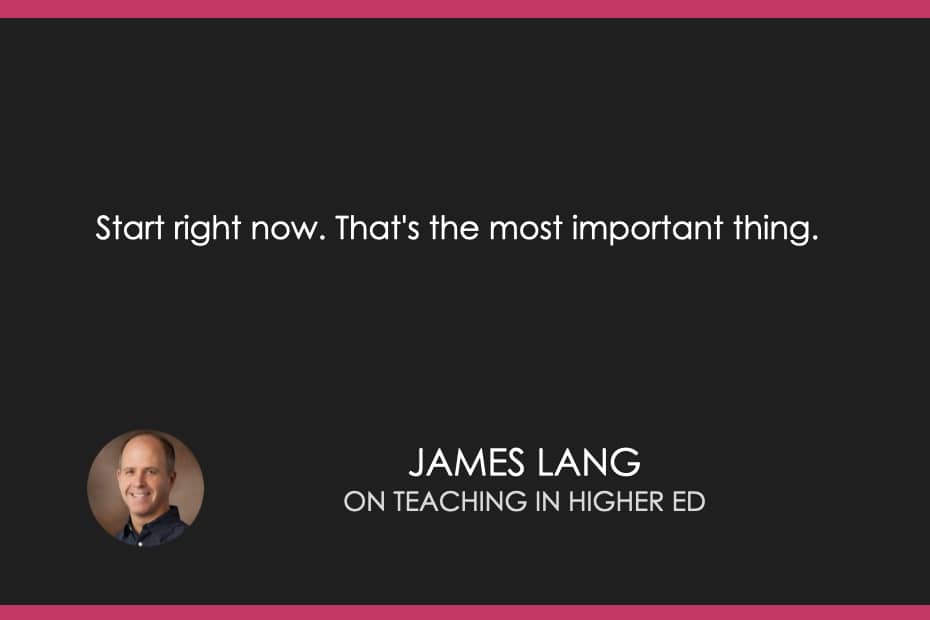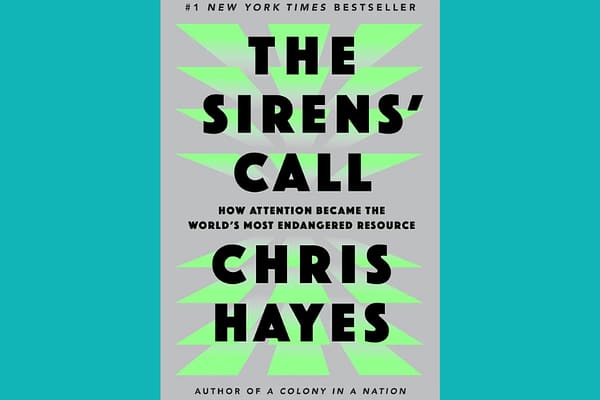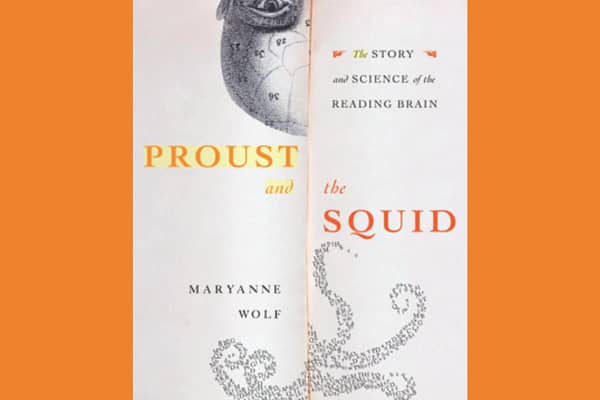Podcast (tihe_podcast):
Play in new window | Download | Transcript
Subscribe: Apple Podcasts | Spotify | RSS | How do I listen to a podcast?
James Lang shares about his latest book, Write Like You Teach, on episode 583 of the Teaching in Higher Ed podcast.
Quotes from the episode

Answers on their own are not interesting. They become interesting when we know the questions behind them.
-James Lang
When you take a reader on a journey, as the reader works through an essay or book that you've written, they spend a lot of time with you.
-James Lang
Be attentive to the person that you are on the page to the reader.
-James Lang
Start right now. That's the most important thing.
-James Lang


